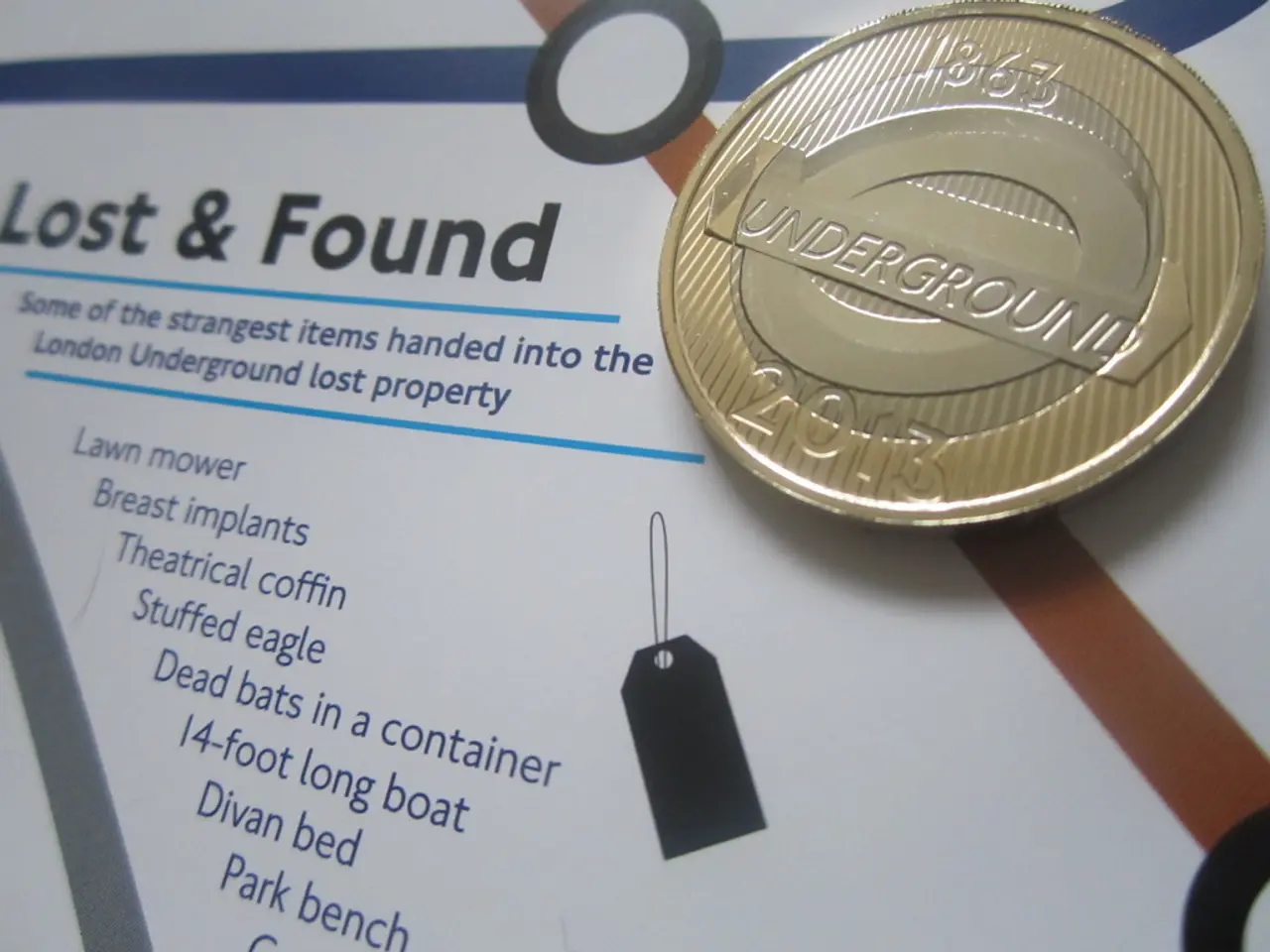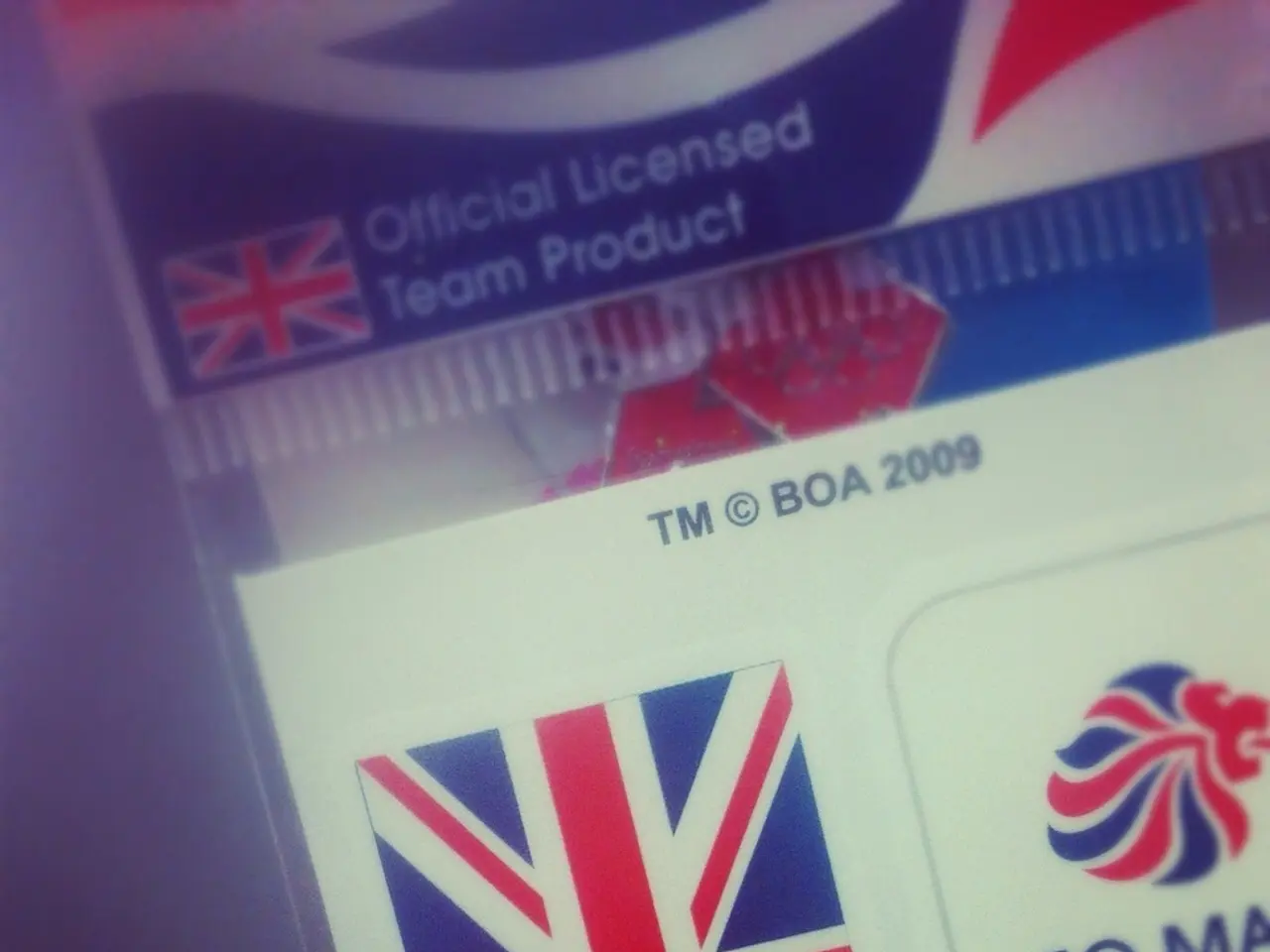Robinhood CEO repeatedly emphasized tokenization in 11 instances during the Q2 earnings conference call.
In a bold move to position itself as a major player in the tokenization space, Robinhood, the popular trading platform, is aggressively expanding asset tokenization as a key part of its blockchain-driven transformation of trading services.
According to CEO Vlad Tenev, tokenization is seen as a way to merge traditional finance with crypto technology, diversifying beyond pure crypto trading volumes. This strategy involves fractionalizing traditional assets like stocks into tokens that can be traded more flexibly, potentially including private company shares and other asset types such as art or wine.
Robinhood is in the early stages of this tokenization push, but has made concrete moves. The acquisition of Bitstamp, a crypto exchange, will enable the listing of stock tokens. Future plans include integrating these tokenized assets with decentralized finance (DeFi) protocols once regulatory hurdles can be managed.
To further solidify its position, Robinhood has launched its own blockchain, called Robinhood Chain, built as a rollup on the Arbitrum Orbit stack. This move allows Robinhood to control its own “sovereign block space,” operate the transaction sequencer, and monetize transaction fees, creating synergy between managing tokenized assets and the blockchain infrastructure they run on.
By owning the block space and the tokenized assets, Robinhood aims to enable 24/7 trading and encourage developer ecosystems to build applications leveraging these specific tokens. This model supports a full “tokenization stack” from off-chain trading services to on-chain utility and DeFi integration, transforming how assets are traded and diversifying Robinhood’s revenue streams away from raw crypto volume dependency.
The approach aims to position Robinhood as a leader in the emerging tokenized economy, expanding investor touchpoints, and enabling new financial products built on blockchain technology. Crypto-native firms may potentially benefit from the same regulatory tailwinds as Robinhood for years to come.
However, the regulatory process is a significant hurdle for Robinhood's tokenization strategy, according to Tenev. The U.S. Securities and Exchange Commission (SEC) has warned firms about complying with securities laws regarding tokenized offerings. Despite this, the SEC is committed to advancing tokenization frameworks under a crypto-friendly White House.
Robinhood's stock price has nearly tripled this year, rising 179% year-to-date. However, the company's stock tokens have been criticized by some companies, including OpenAI. Despite a cooldown in crypto trading revenue, Robinhood posted stronger-than-expected sales and profits in the second quarter.
Looking ahead, the second phase of Robinhood's tokenization strategy involves getting the tokens to trade on Bitstamp. The third phase will allow users to plug stock tokens into DeFi protocols, blending TradFi and DeFi. Robinhood views tokenization as "the biggest innovation in capital markets in over a decade."
Despite requests for comment, Robinhood did not immediately respond to a request for comment from Decrypt. Nonetheless, the company's commitment to tokenization is clear, and it remains to be seen how this strategy will shape the future of trading and finance.
- Robinhood, with its expansion into asset tokenization, seeks to combine traditional finance and crypto technology, thereby diversifying beyond just crypto trading volumes.
- The acquisition of Bitstamp, a crypto exchange, allows Robinhood to list stock tokens as part of its tokenization push.
- Robinhood is developing its own blockchain, Robinhood Chain, which operates as a rollup on the Arbitrum Orbit stack, providing control over "sovereign block space."
- By owning the block space and the tokenized assets, Robinhood aims to enable 24/7 trading and encourage the development of applications using these specific tokens.
- The ultimate goal is to creating a full "tokenization stack" from off-chain trading services to on-chain utility and DeFi integration.
- Robinhood's tokenization strategy positions the company as a leader in the emerging tokenized economy, offering new investment opportunities and financial products built on blockchain technology.
- The regulatory process is a major challenge for Robinhood's tokenization strategy, but the U.S. Securities and Exchange Commission (SEC) is committed to advancing tokenization frameworks under a crypto-friendly White House.
- Despite the criticism received by its stock tokens, Robinhood posted stronger-than-expected sales and profits in the second quarter, indicating the potential success of its tokenization strategy.




